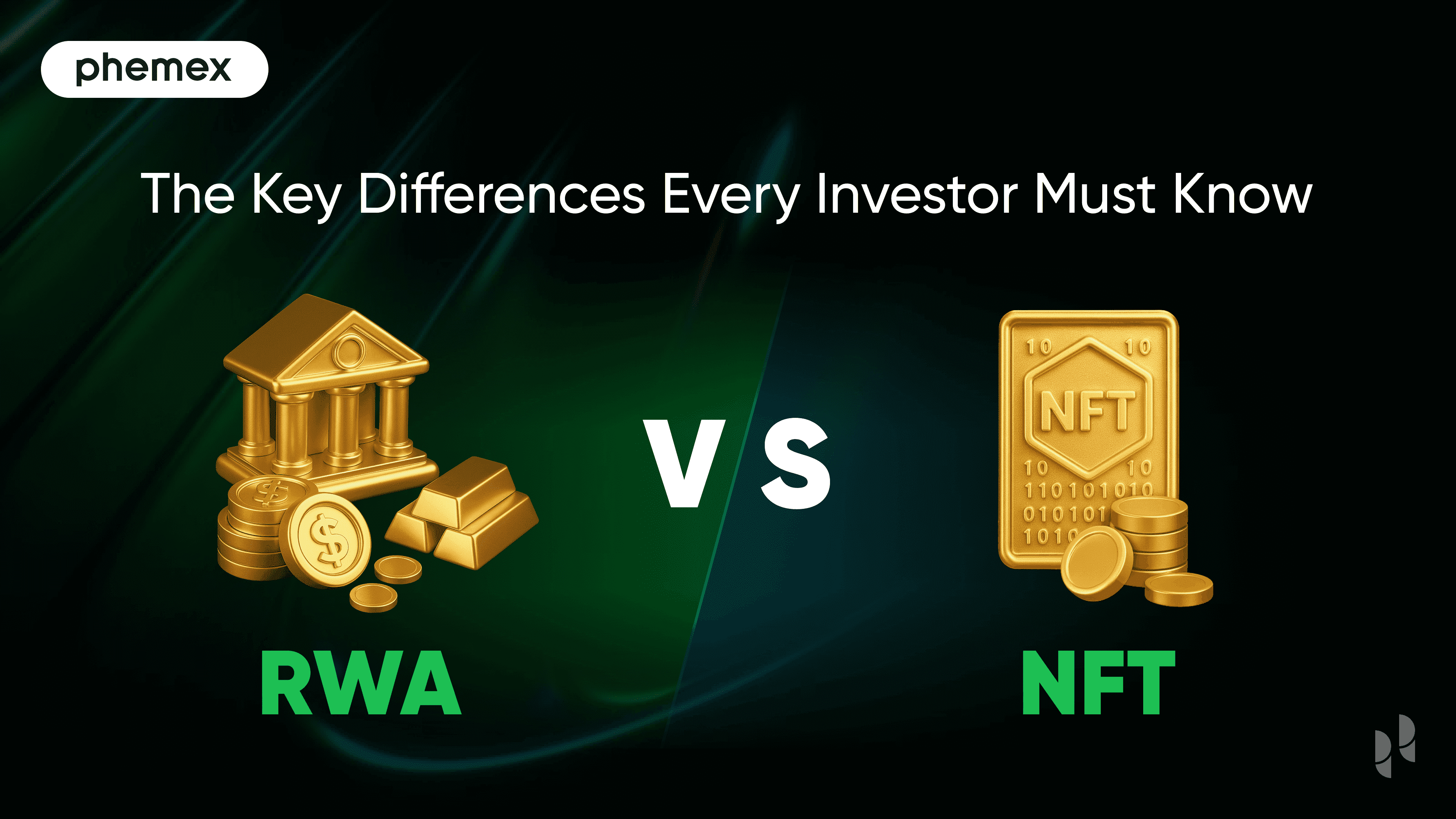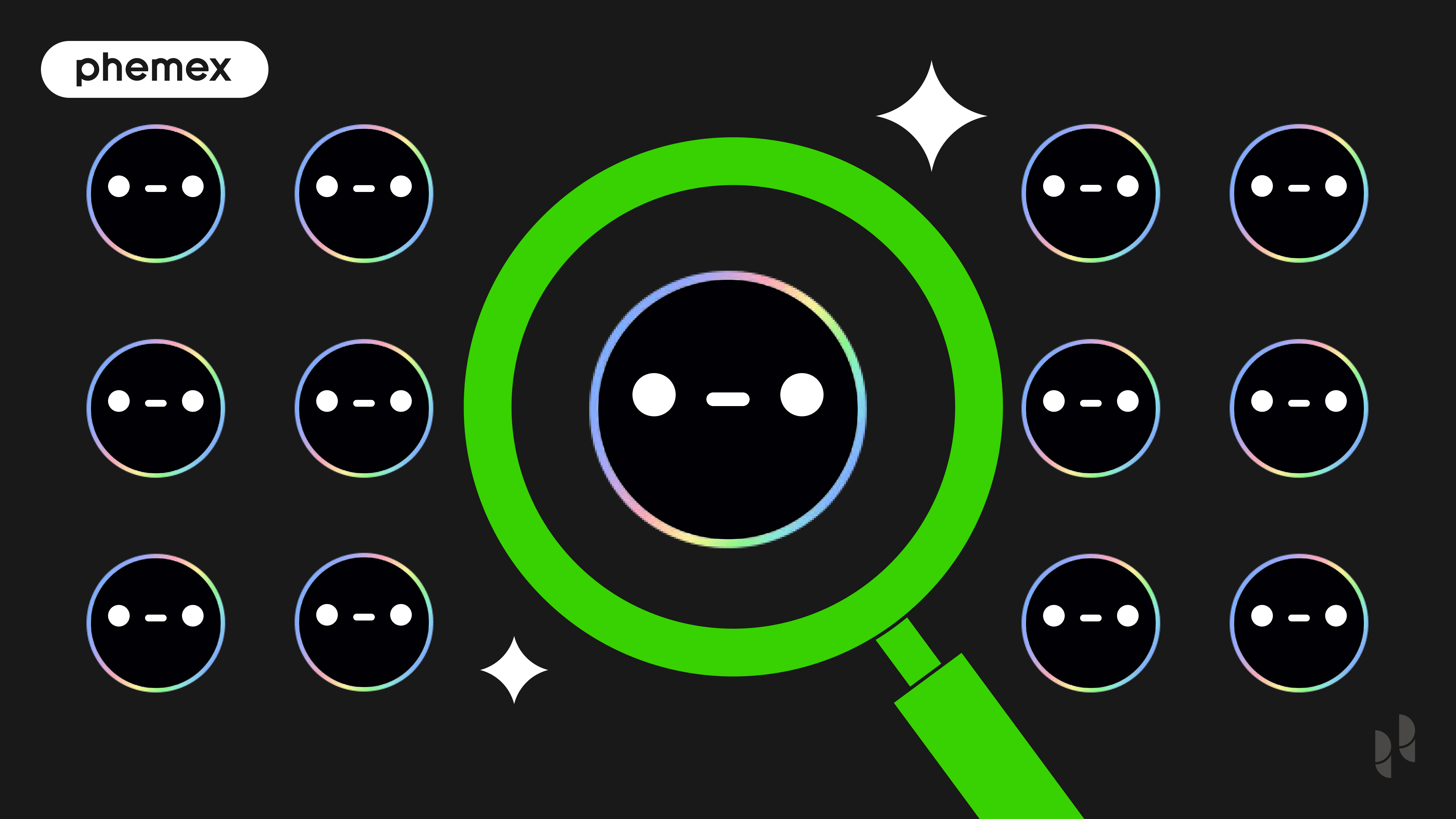
What Does Fungible Mean?
Fungibility means the ability to be replaced by something that is identical. In other words, it is the ability of a good or asset to be readily interchanged with other individual goods or assets of the same type.
What Is A Fungible token?
A fungible token is something that is identical in nature and interchangeable. These tokens can be divided and exchanged for another. Generally, most cryptocurrencies are considered to be fungible. For example, a Bitcoin is fungible. You can trade one Bitcoin for another, and you will end up with the exact same thing. Other examples of fungible asset classes are bonds, commodities, cryptocurrencies, and precious metals.
What Does Non-Fungible Mean?
Non-fungible is something that is distinct or unique and cannot be replaced with something else. A one-of-a-kind trading card is non-fungible. The primary attribute of non-fungibility is uniqueness.
What Are Non-Fungible Tokens (NFTs)?
Non-Fungible tokens are cryptographic tokens that represent the possession of digitally scarce goods. A non-fungible token is exclusive, and there isn’t another like it. Examples of digitally scarce goods are digital art, collectibles, games, sports, fashion, films, and music.
How Do NFTs Work?
NFTs are different from ERC-20 tokens, wherein each individual token is distinctive and not divisible. These tokens offer the ability to assign or claim possession of any distinguishable piece of digital data, traceable by using Ethereum‘s blockchain as a general ledger. An NFT is built from virtual objects as a presentation of digital or non-digital assets.
An NFT will have one owner at a given time. The possession is managed through a unique ID and metadata that no other token can duplicate. They are minted through smart contracts that allocate possession and manage the exchangeability of the NFTs. Once someone creates or mints an NFT, the code is implemented and stored in smart contracts that fulfill different standards, like ERC-721. This particular data is added to the blockchain wherever the NFT is managed. The minting method, from a high-level perspective, goes through the subsequent steps:
- Create a brand new block
- Validate data
- Record data into the blockchain
NFTs have a few special properties:
- Every token features a unique identifier directly linked to one Ethereum address.
- They cannot be directly interchanged or replaced by different tokens.
- Each token has an owner who can be easily verified.
- These tokens live on Ethereum and can be purchased and sold on any Ethereum-based NFT market.
What Blockchains Support Non-Fungible Tokens?
These are the main blockchain networks that are compatible with both fungible and non-fungible tokens:
For the most part, non-fungible tokens are generated and stored in the Ethereum network, but other blockchains support NFTs as well.
ERC 721: The Token Standard for NFTs on Ethereum
ERC-721 is an extended standard that outlines how to build non-fungible or distinctive tokens on the Ethereum blockchain. When most tokens are fungible, these tokens are all unique in nature. It establishes a minimum interface that a smart contract must implement to permit unique tokens to be supervised, owned, and exchanged. It does not command a standard for token metadata or limit including auxiliary functions.
Fungible vs Non Fungible
| Criteria | Fungible Tokens | Non-Fungible Tokens |
|---|---|---|
| Interchangeability | Fungible tokens can be interchanged easily; however, there is no value associated with interchanging fungible tokens. | Non-fungible tokens are not interchangeable as each of them represent unique assets. |
| Divisibility | Fungible tokens can be divided into smaller parts. | NFTs are not divisible, and they have their value as a whole entity. |
| Token Standards | Fungible tokens depend on the ERC-20 standard. | Non-fungible tokens leverage the ERC-721 standard. |
Conclusion
Non-fungible tokens deliver a clear edge over fungible tokens concerning security and inflexibility. However, a majority of users might have a problem in trusting non-fungible tokens because they are relatively new in nature. On the flip side, they are widely accepted in the blockchain system with note-worthy applications in gaming and art.








